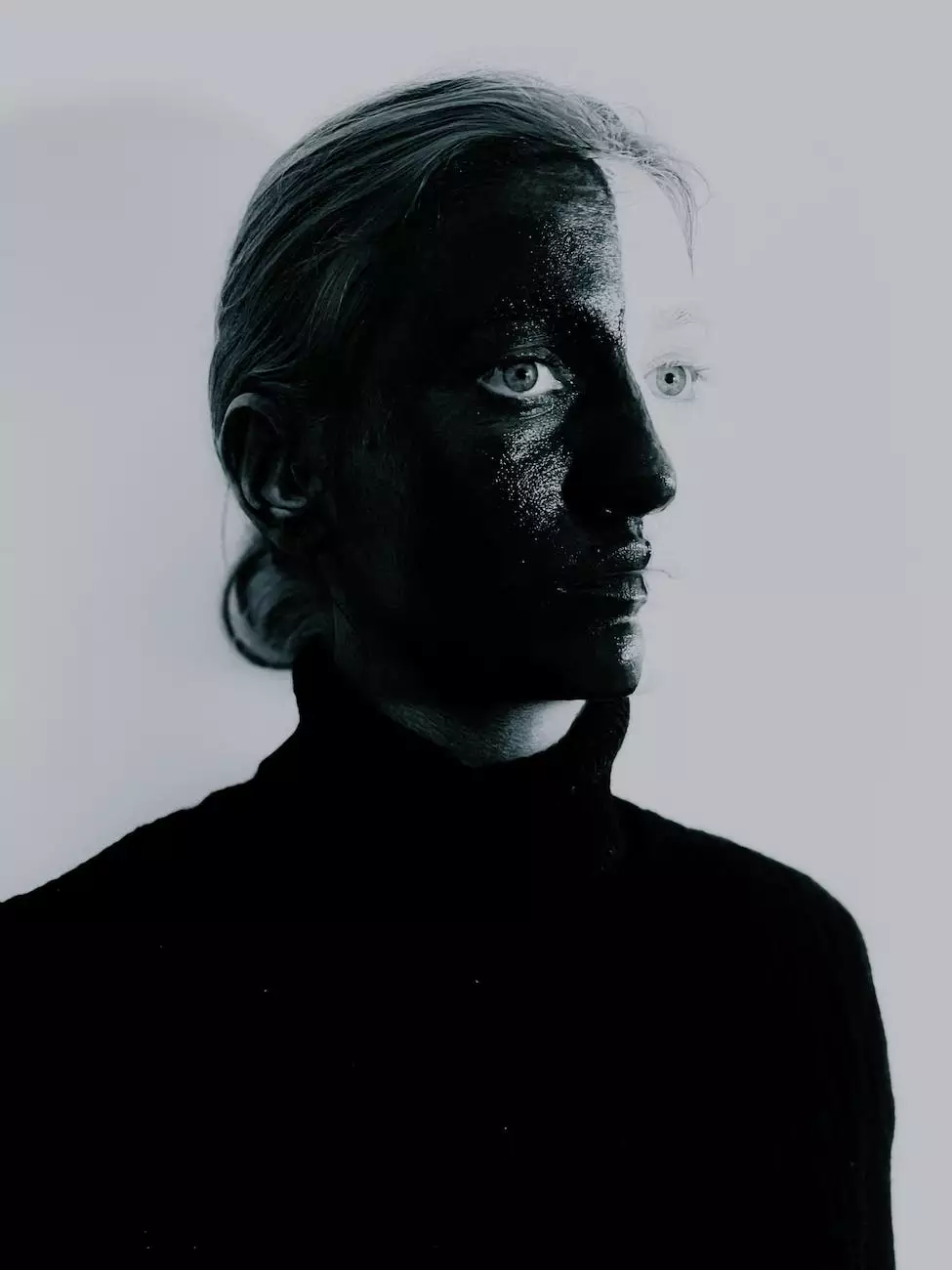Understanding Symptoms of Bipolar I and Bipolar II Disorder
Wellness
Introduction
Bipolar I and bipolar II disorder are two mental health conditions that affect millions of individuals worldwide. As a leading website development company in the business and consumer services industry, Holt Design aims to provide you with comprehensive information on the symptoms associated with these disorders. By gaining an understanding of these symptoms, you can better recognize and help those who may be struggling with bipolar disorder.
What is Bipolar Disorder?
Bipolar disorder, formerly known as manic depression, is a mental health condition characterized by extreme mood swings. Individuals with bipolar disorder experience periods of intense euphoria and energy (known as manic episodes), as well as periods of deep sadness and depression. It is important to note that bipolar disorder is a chronic condition that requires ongoing management and support.
Bipolar I Disorder
Bipolar I disorder is classified by intense manic episodes that last for at least seven days. During these episodes, individuals may experience elevated mood, increased energy levels, and a heightened sense of self-importance. They may engage in impulsive behavior, experience racing thoughts, and have difficulty concentrating. Manic episodes are often followed by depressive episodes characterized by overwhelming feelings of sadness, hopelessness, and a loss of interest in activities.
Bipolar II Disorder
Bipolar II disorder is characterized by recurring episodes of major depression and hypomania. Hypomania is a less severe form of mania, lasting for shorter periods (usually four days or more) and with milder symptoms. Individuals with bipolar II disorder may experience increased energy, irritability, and difficulty sleeping during hypomanic episodes. It is important to note that individuals with bipolar II disorder do not experience full-blown manic episodes.
Recognizing the Symptoms
Manic Symptoms
The following are common symptoms associated with manic episodes in individuals with bipolar disorder:
- Excessive energy and restlessness
- Inflated self-esteem and grandiosity
- Decreased need for sleep
- Racing thoughts and rapid speech
- Impulsive and risky behaviors
- Difficulty concentrating and making decisions
Depressive Symptoms
The following are common symptoms associated with depressive episodes in individuals with bipolar disorder:
- Feelings of intense sadness and despair
- Loss of interest in previously enjoyed activities
- Significant changes in appetite and weight
- Insomnia or excessive sleeping
- Lack of energy and fatigue
- Difficulty concentrating and making decisions
Importance of Diagnosis and Treatment
If you suspect that you or someone you know may be experiencing symptoms of bipolar disorder, it is crucial to seek professional help. The correct diagnosis can lead to effective treatment strategies and personalized support. At Holt Design, we understand the importance of a holistic approach to mental health, and we encourage individuals to consult with qualified healthcare professionals for accurate assessments and guidance.
Conclusion
In conclusion, understanding the symptoms associated with bipolar I and bipolar II disorder is essential for recognizing and providing support to those affected by these conditions. By being aware of the signs and symptoms described in this article, you can play a crucial role in facilitating early intervention and treatment. Remember, at Holt Design, we are dedicated to empowering and educating our audience on a wide range of subjects, including mental health. Stay informed, be empathetic, and together we can make a positive impact on the lives of individuals living with bipolar disorder.




